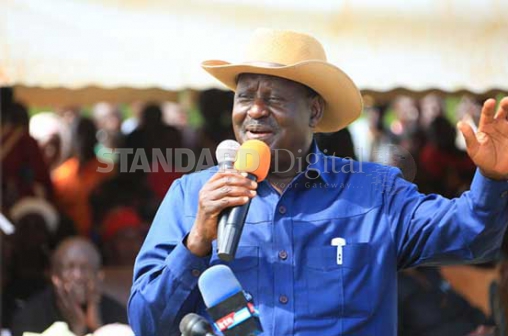
Kenya could go into a “little general election”, similar to the one witnessed in 1966 should the Coalition for Reforms and Democracy (CORD) affiliate parties expel its rebel MPs and senators.
With just 10 months before the General Election in August, the Independent Electoral and Boundaries Commission (IEBC) is likely to face an uphill task conducting by-elections for more than 20 parliamentary and Senate seats with massive financial and logistical implications. It costs Sh50 million to conduct a by-election in just one constituency.